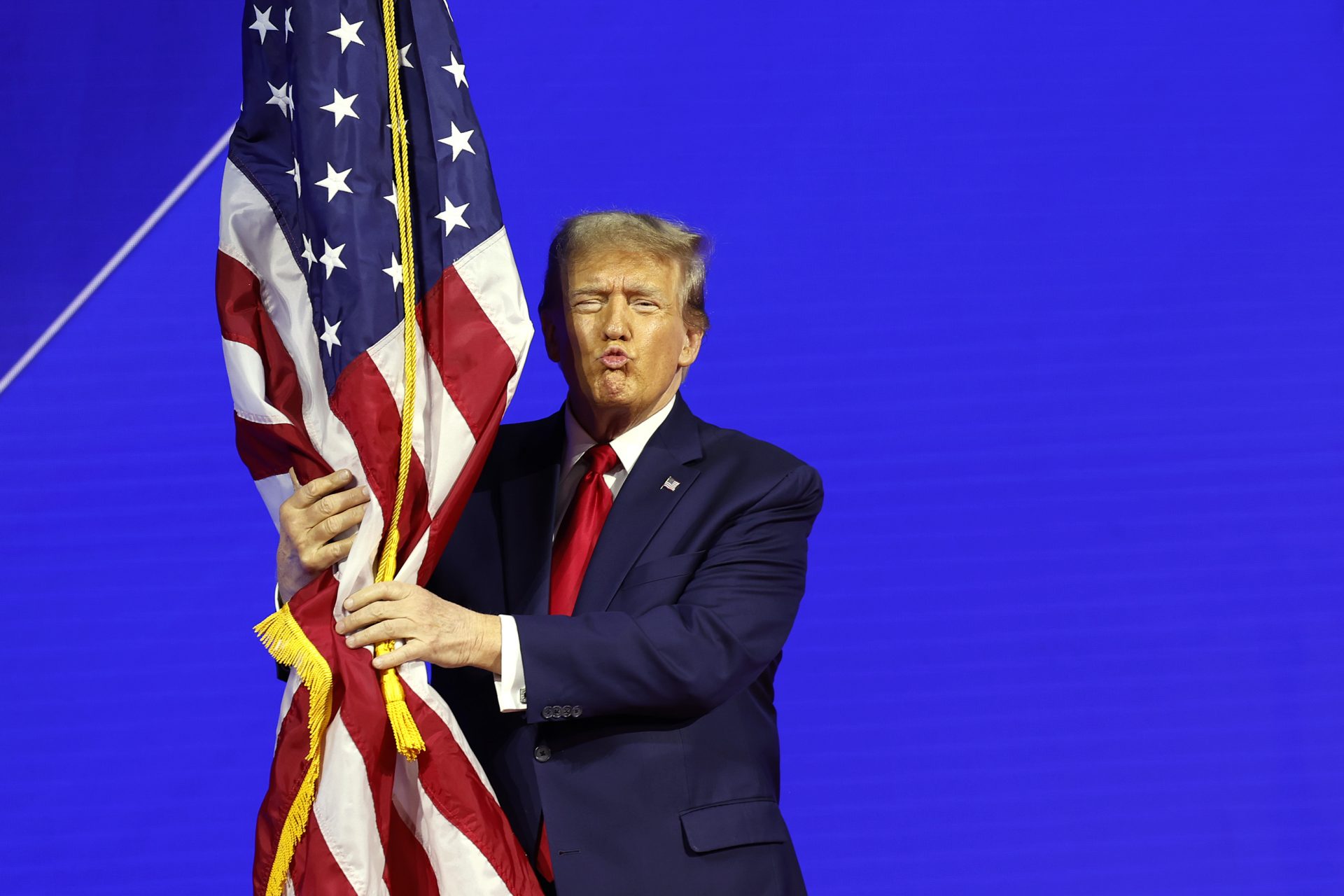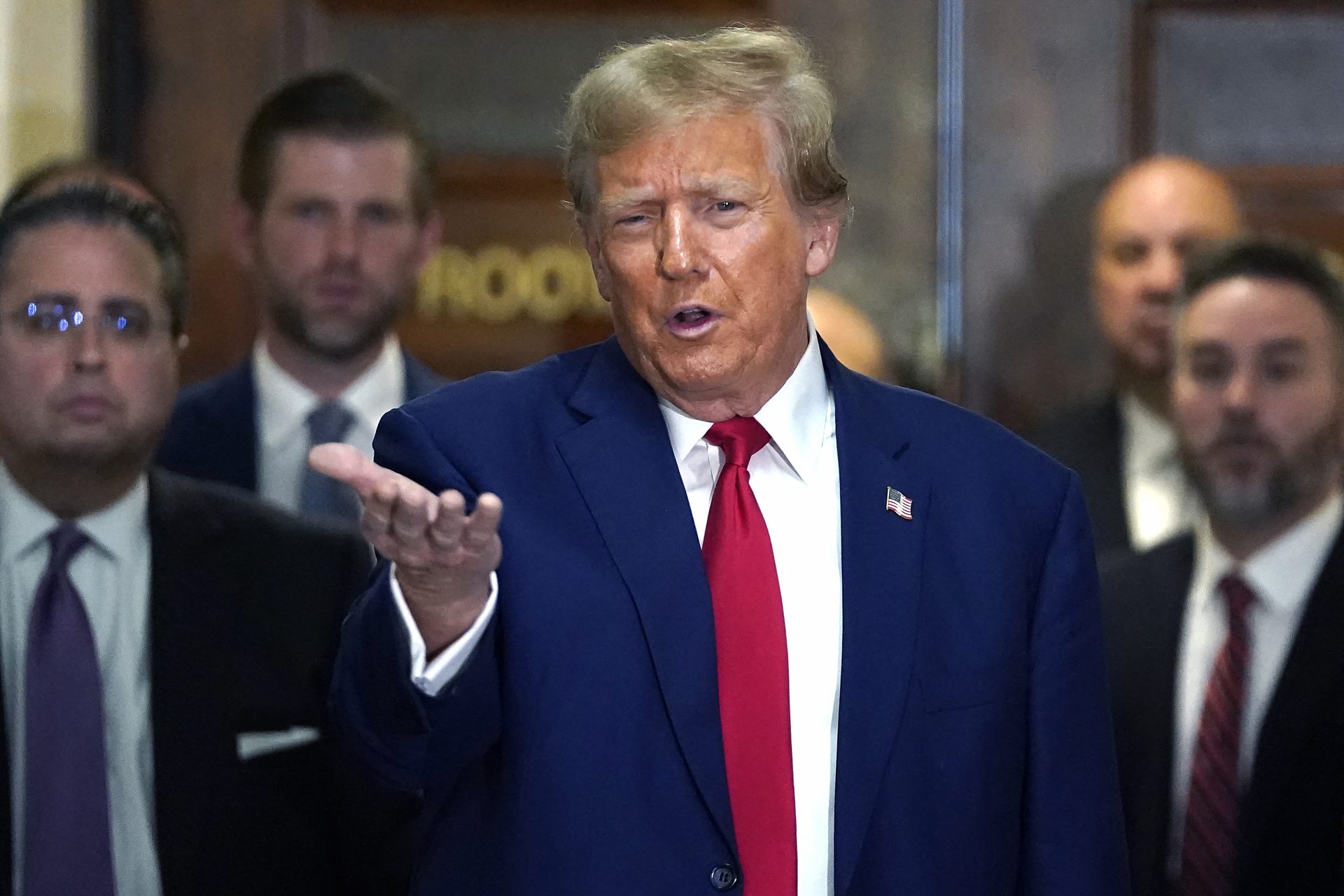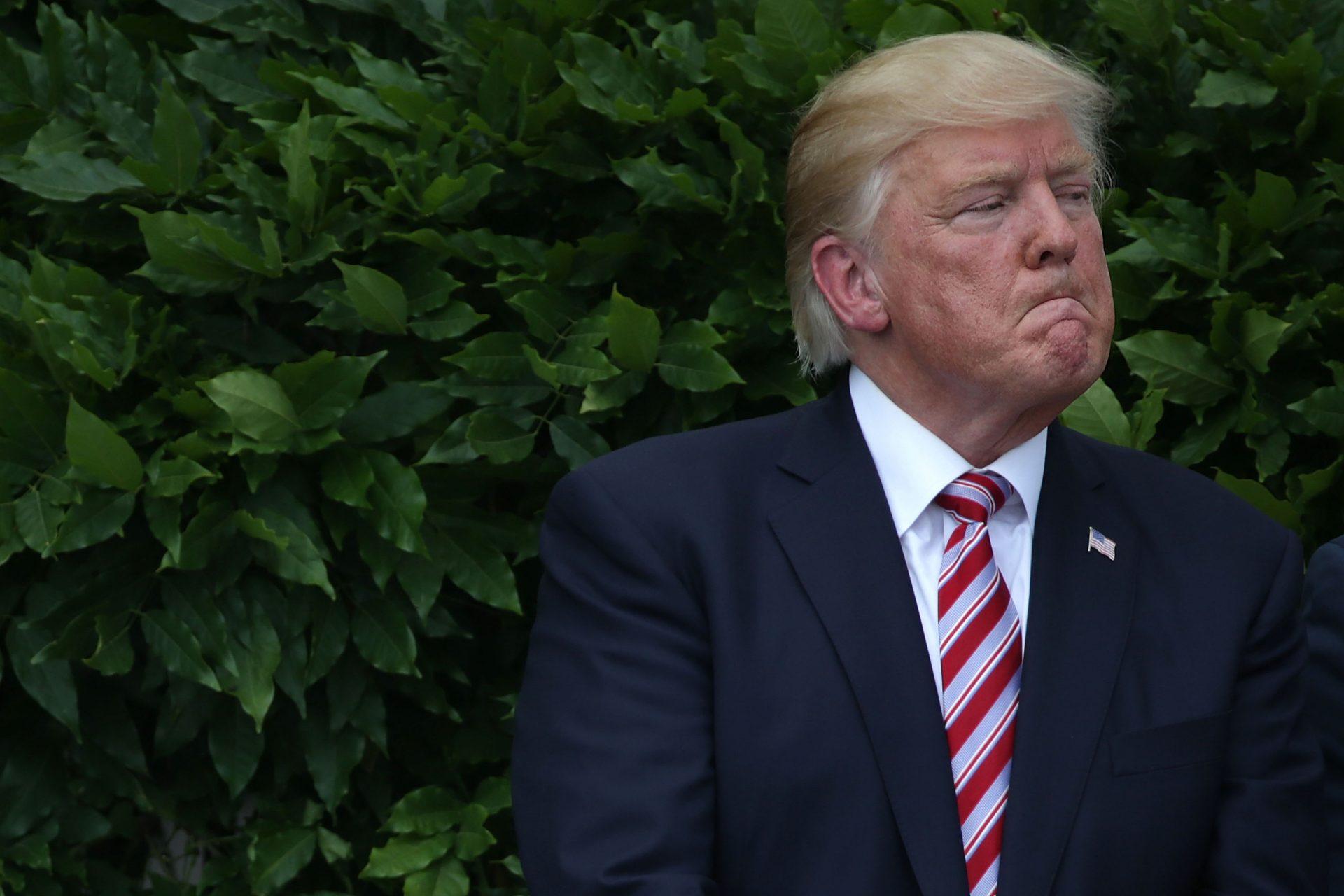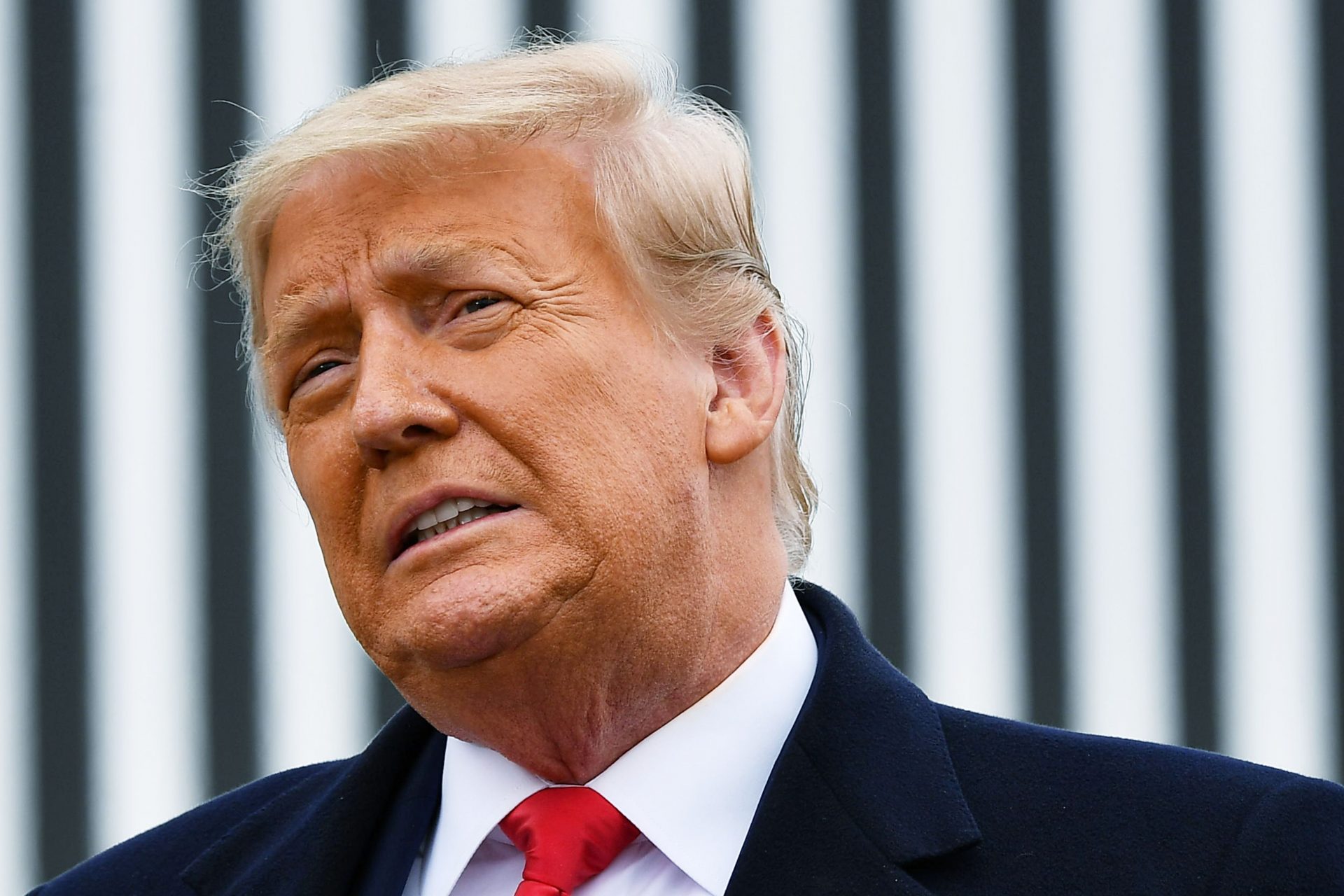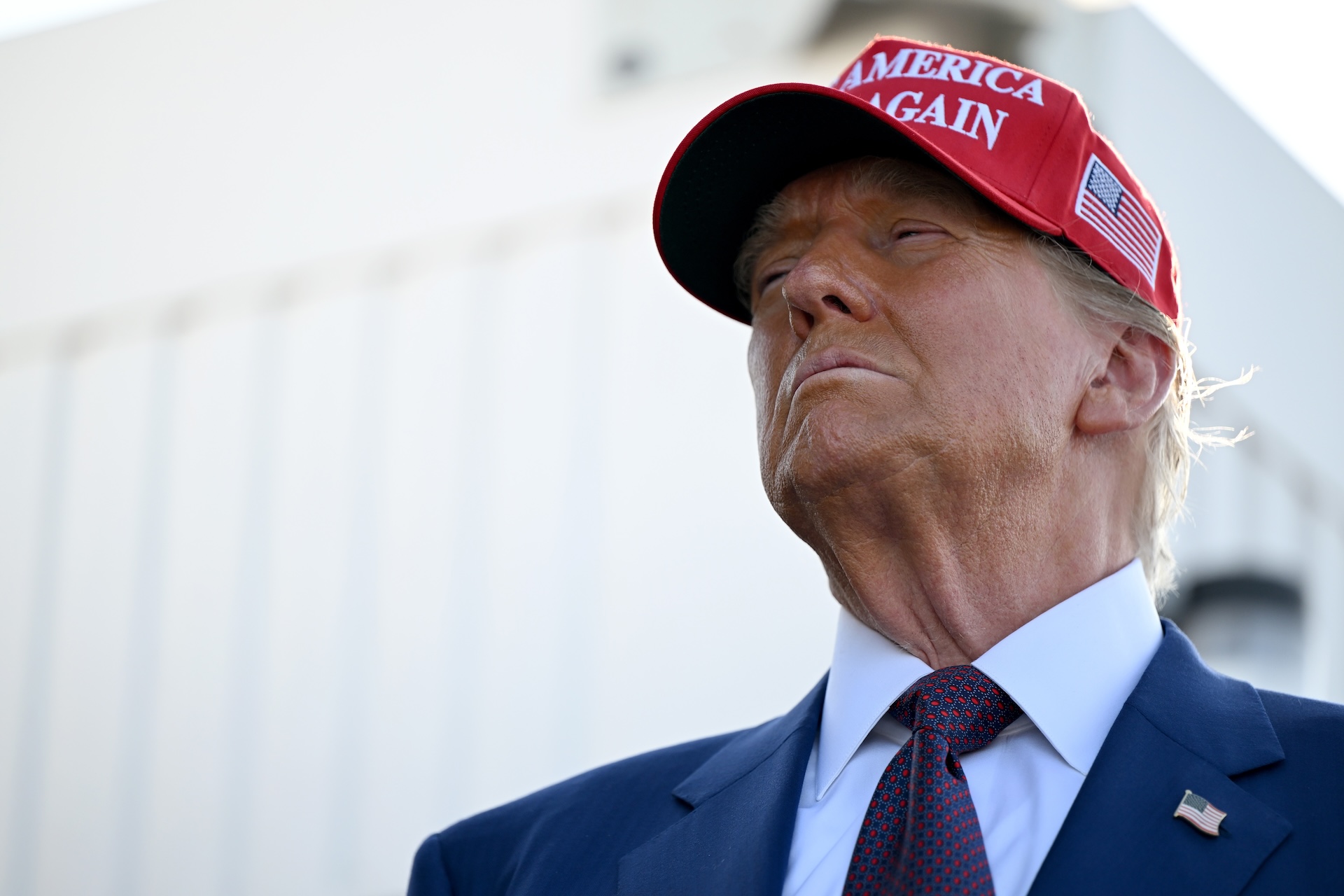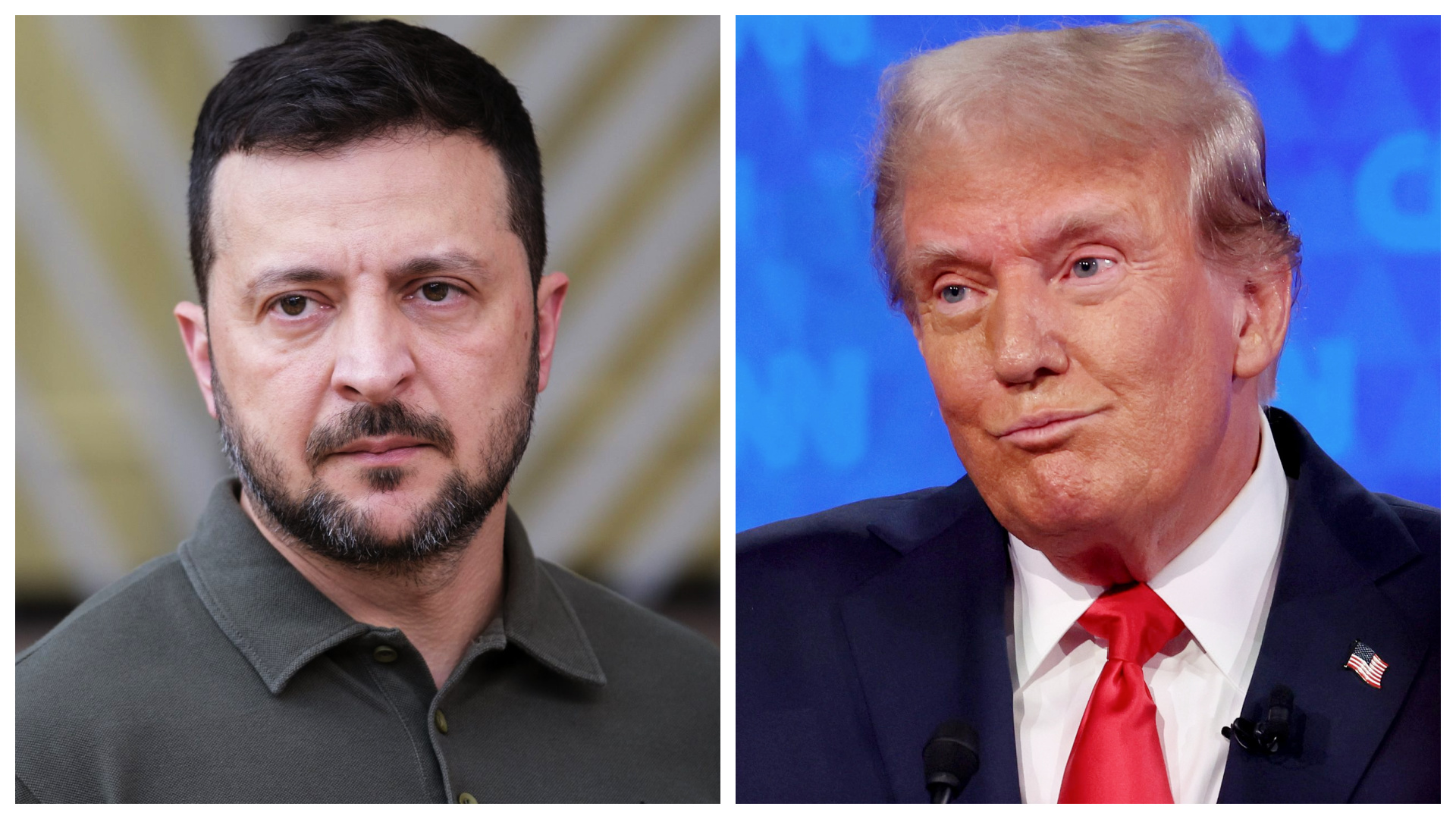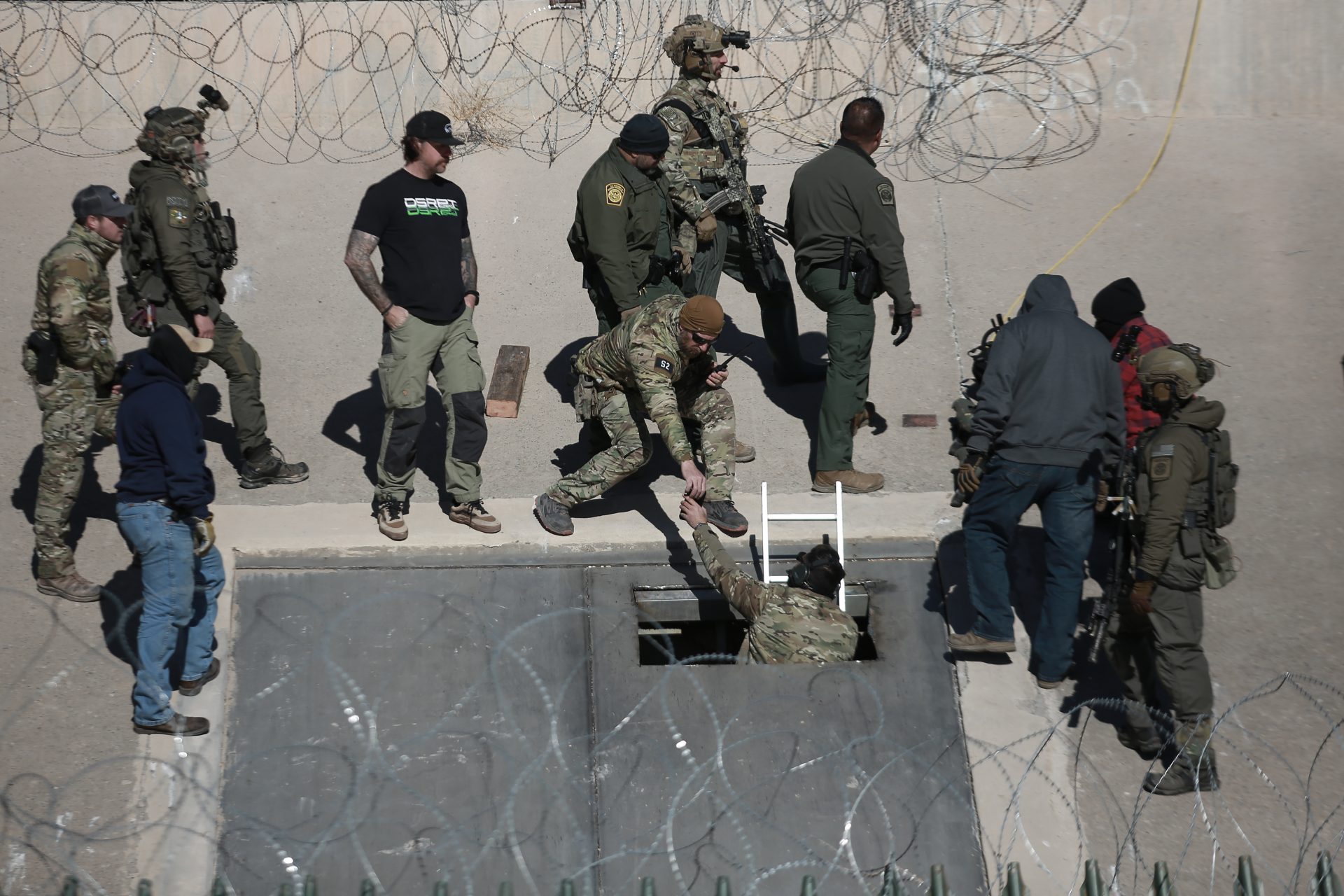The 14th amendment can’t keep Trump off 2024 ballots, Supreme Court rules
The US Supreme Court has rejected an effort by the state of Colorado to remove Trump’s name from the Republican primary ballot, as he seeks his party’s nomination.
The ruling ends efforts, not just by Colorado, but also, Illinois, Maine and elsewhere to kick Trump off the ballot based on the 14th amendment of the US Constitution.
The ‘insurrection clause’ of the 14th Amendment bars from office anyone who once took an oath to uphold the Constitution but then “engaged” in “insurrection or rebellion” against it or gave “aid or comfort to the enemies thereof.”
And the Supreme Court ruled that only Congress can enforce the provision against federal officeholders and candidates.
“We conclude that states may disqualify persons holding or attempting to hold state office. But states have no power under the Constitution to enforce Section 3 with respect to federal offices, especially the presidency,” the top US court said in an unsigned opinion.
Trump’s critics have accused him of inciting and supporting the attack on the US Capitol on January 6, 2021, in an attempt to subvert the 2020 presidential election, which he lost to Democrat Joe Biden.
Democratic senator Tim Kaine of Virginia said, in an interview with ABC last year, that there was a “powerful argument” to be made that Trump should be removed from the 2024 ballot under said clause over his role in the Jan. 6 Capitol riot.
"In my view, the attack on the Capitol that day was designed for a particular purpose at a particular moment, and that was to disrupt the peaceful transfer of power as is laid out in the Constitution," Kaine said to ABC.
J. Michael Luttig, a conservative former federal judge, and Laurence Tribe, a liberal constitutional law professor, wrote an article for The Atlantic that echoed Kaine’s argument.
“The former president’s efforts to overturn the 2020 presidential election, and the resulting attack on the U.S. Capitol, place him squarely within the ambit of the disqualification clause, and he is therefore ineligible to serve as president ever again,” they wrote on August of last year.
Trump separately, however, faces two criminal cases over his efforts to overturn the results of the 2020 elections: one in federal court in Washington, DC, and another at the state level in Georgia.
The Supreme Court’s ruling came a day before Super Tuesday, the day when the largest number of states hold their presidential primaries and caucuses.
More for you
Top Stories



